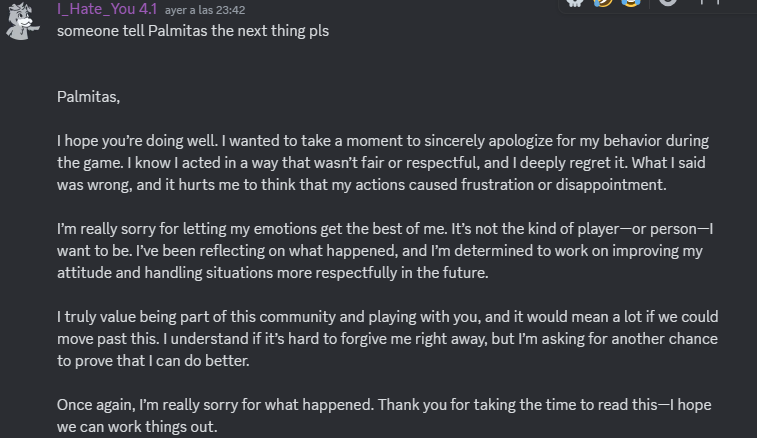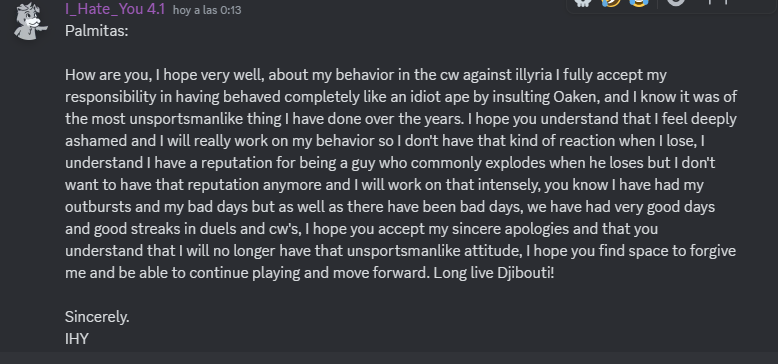Book Recommendation: The Armada by Garett Mattingly
הודעות: 4
בוקר על ידי: 20 users
|
17.09.2024 - 14:40
The Armada by Garett Mattingly(published in the UK as The Defeat of the Spanish Armada), was one of the most interesting books that I have ever read. It goes into great depth into virtually any topic related to the Spanish Armada that you can imagine. While fairly old, it is still considered to be definitive even today(it was published in 1959). It was so well written that many people think that it reads like a novel, and I'm inclined to agree with them(It is arguably the best narrative nonfiction book I've read). This book is comprehensive, and covers so much fascinating information. I have no real criticisms of this book, and would absolutely recommend it to anyone who is interested in military history/diplomacy/a dozen or so other topics. Some of my favorite topics include: -The logistics. To this day, I still remember many of the problems with their logistics, from the cannons being poorly distributed, to the lack of aged lumber making their barrels unsuited to carrying food and water(the food would rot, and the water was mostly bad). Lots of hilarious stuff about it was in the book. This is probably my favorite topic in the book. -How Queen Elizabeth I revolutionized naval technology, and how the Spanish countered it. *The Queen's changes to the British navy were revolutionary, though the Spanish actually did an excellent job of countering the superior technology. Without the Queen's superior fireships, the Spanish would probably have managed to land their troops onto British soil. *While the Spanish were scared of the new naval technology, their ships were very tough. If they knew that the British had run out of ammunition on the 2/3 times they disengaged, they would probably would have won. -The reason The Armada tried to invade England. *It was mostly due to religious tensions. When the Pope wrote a foolish encyclical, Queen Elizabeth I declared Catholicism an act of treason. This lead to many terrible executions, and Spain's desire to do something about it. *Mary Queen of Scotts' execution made people realize that it wasn't likely that anyone was going to replace the Queen before her death. This book also taught me that Mary Queen of Scotts was actually pretty cool. Something odd happened right after the execution that implied she pulled a posthumous prank for her executioner. *Various other political matters, including the Pope's encouragement and things the Queen did to placate the Spanish. -A number of fascinating quotes from various historical figures, ranging from Kings, Queens and Popes, to some very minor figures. My two favorite are an officer's statement(I believe that he was a Lieutenant, though I may be wrong) that 'we are sailing in the hope of a miracle'(he was concerned because of England's superior naval technology. While the Spanish did lose, I think that a certain amount of luck well short of a miracle could have allowed the Spanish to land their troops on British soil, and possibly at least get some concessions from the Queen), and a statement from the King of Spain to a monk who was having some trouble gardening some time after The Armada's defeat. I won't spoil that one here, because I thought that it was such a good counterpoint to the earlier quote, and practically wrapped up the whole book with a nice little bow. -Sir Francis Drake: he terrorized Spanish colonies in South America, and while he didn't exactly win the war for England all by himself, he did manage to prevent the colonies from sending Spain the barrel staves that they needed, leading to a large amount of the trouble they had getting high quality barrels for their provisions. The Spanish had almost the same chance of losing as they would have had without him, but it would have been a much less terrible defeat if he hadn't messed up their logistics more than they already were. The parts of the book about him are also very fun to read. -The planning that went into the battle. *The formation the Spanish used was extremely clever. While the British ships were better, the Spanish did manage to actually prevent them from doing much damage in the initial naval engagements. It was truly amazing. *The first draft for how the war would happen was hilarious. It involved 3 full scale invasion fleets(2 of them were just decoys), and would cost a ridiculous amount of money(I forget how ridiculous, but it was really funny to hear that someone actually proposed this idea). -The actual battle itself. It was truly incredible. The British ships were absolutely superior, and yet the Spanish did manage to keep them at bay. When most people think about The Armada, they imagine a bunch of inferior ships fighting against insurmountable odds, and losing as they inevitably would(I certainly thought so before I read this book), but they actually did a great job. Their defeat was largely thanks to the new fire ships. If they had not been conceived of, the Spanish might actually have been able to land their troops on British soil, though I don't know if it would have been successful. One question I've had for a while is something a professor of mine told me a while ago. He said that the reason the Spanish lost was that they had to anchor their ships to pick up their troops in the Netherlands. Their formation was very mobile, and anchoring all of their ships left them vulnerable. My problem with what he said is that I'm not sure if it was practical to not anchor their ships to pick up troops in the Netherlands, and am also unsure if they could have afforded to pick up enough troops in Spain/Portugal(they needed a large army, and the Netherlands had the troops that they felt could most easily be sent elsewhere). They also prepared for fire ships. They were just surprised because the Queen came up with a more dangerous kind of fireship. Do any Spanish Armada nerds know if it was practical to put troops on their ships in Lisbon Harbor, or if there was a safer way to pick up troops from the Netherlands? They anchored in place specifically to prevent smaller British ships from attacking the boats the Spanish troops would use to board the Armada's ships.
טוען...
טוען...
|
|
|
17.09.2024 - 15:40
How do you have so much spare time on your hands to write a 1000 word text about a book IN THE ATWAR FORUMS????
----  
טוען...
טוען...
|
|
|
17.09.2024 - 17:14
I really like this book. I, for one, am thinking I might want to find the time to read the book a THIRD time.
טוען...
טוען...
|
|
|
17.09.2024 - 22:32
Your analysis reveals a lack of critical engagement with the historical complexities at play. focusing on logistics and individual anecdotes oversimplifies the multifaceted failures of the spanish armada. the defeat was not merely due to fire ships; it stemmed from strategic miscalculations, such as the lack of coordination with the duke of parma forces in the netherlands, which significantly hampered their invasion plans. spain was overextended with military commitments, including ongoing conflicts in the netherlands and costly engagements with france, which weakened their operational effectiveness. your assertion that the spanish could have succeeded without fire ships overlooks systemic issues of poor leadership, particularly the ineffectiveness of medina sidonia, who struggled to command a cohesive fleet. furthermore, the execution of mary queen of scots, rather than rallying support for a catholic crusade, highlighted the fractured alliances within catholic europe, undermining spains position. overall, your commentary reads as a superficial appreciation rather than a nuanced understanding of the critical historical dynamics that culminated in the armadas failure.
---- 
טוען...
טוען...
|






